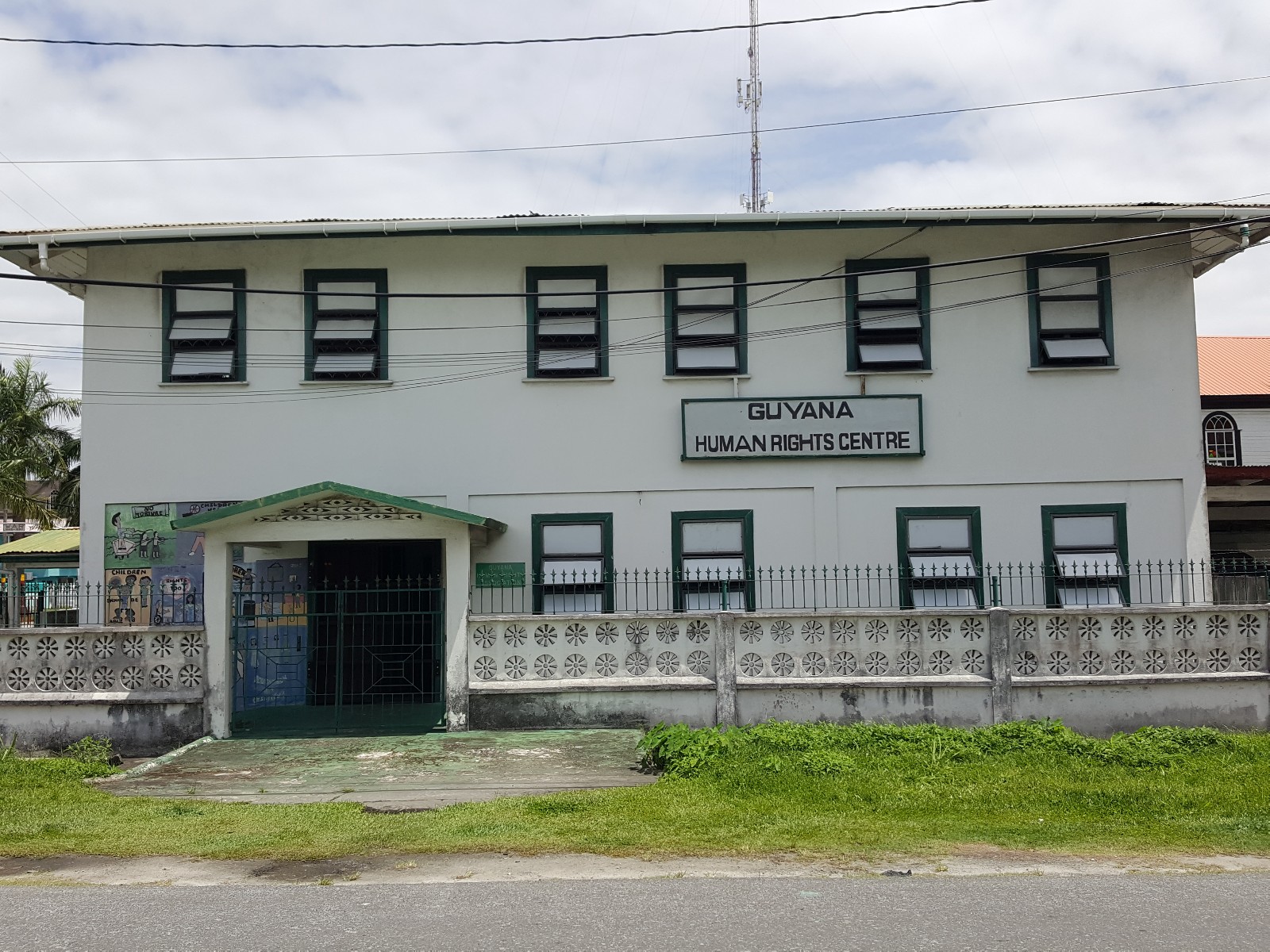In its Submission to the Local Content Preparatory Commission established recently by the Ministry of Natural Resources, the Guyana Human Rights Association (GHRA) highlighted instances of discriminatory hiring practices in the oil industry to the detriment of Guyanese workers. The GHRA Submission contends that Guyana’s Local Content Policy should be located within the framework of appropriate human rights, labour and environmental principles to be found in the Guyana Constitution and the pertinent International Conventions ratified by the Government of Guyana. Care must be taken to ensure that the beneficiaries of Local Content policy are not narrowly restricted to the local business community, but also encompass workers and Society as a whole.
The need for clear guiding principles is underlined by the experience to date of those Guyanese hired or qualified to be hired by the shore-based companies engaged in servicing of the off-shore Drill Ship. The following are extracts from the Submission.
“The Shore Base or Modern Day Plantation –
Working Conditions
Back in May 2015 the Guyanese public envisaged that the discovery of oil meant the end of poverty. Instead numerous migrant workers, loosely referring to themselves as “expats” are hired. Locals have no choice but to work under these ‘expats’ who are most times on rotation and possibly not even qualified. That means management principles and styles change on every rotation, rather than having a working system.
Discrimination Against Guyanese
Local professionals are grossly underpaid when compared to the cost of the same services the “expats” offer. Some scales can range from 10 times to as much as 20 times the renumeration per month. Service skills being referred to available in Guyana such as managers, coordinators, engineers, foremen, constructors, health and safety supervisors and officers, finance, maintenance, etc. The only job areas left to be covered by an ‘expat’ are drivers and janitors. It is understood that some form of foreign expertise are needed at early start up to coach and mentor but instead, the flood of workers has made it synonymous to being a slave ship.
Wages
The number of “expat” staff with their free transportation to and from work, per diems, paid travels in and out of the country, paid house rentals, cannot be justified when qualified Guyanese are available to perform these services without demanding exorbitant salaries.
Overtime
Locals are forced to work long 12-hour shifts per day (excluding a non-paid lunch hour). By standard labor laws, this is way more than the 40-hour per week, whether considered as a 5-day week or 7-day week. An outsider would believe this amounts to an impressive amount of overtime. However, that battle was lost. Staff are told that the company has already catered for overtime in offering one bulk salary.
Benefits
The most basic benefit of any employee is their annual leave. Even this, the company tries to control by enforcing a policy not to pay for leave days earned. In fact, operation staff are forced to take leave on their ‘stand-by’ days. A stand-by day is simply any day that the employee is not on shift but can be called out to perform work.
The company can call an employee out at any point to work. Leave was suspended due to the global pandemic and staff were required to work as per normal as an “essential service”. On short notice without consultation, the company enforces a policy such as ‘take it or lose it’. It was learnt recently that the operation staff at the Guyana Shore Base Inc. collectively and peacefully held a strike in the form of a stand down, arguing for basic rights and fear of losing their earned leave.
While some engagement by the Minister of Labour Joseph Hamilton has begun with oil companies for equal pay for Guyanese within the oil sector, it is recommended that the companies also engage their employees for example GYSBI, Schlumberger, Technip FMC, etc.
The discriminatory practices against Guyanese workers was first drawn to the attention of the GHRA some two years ago of which members of the Guyana Seafarers and General Workers Union provided documented evidence by the company responsible at that time for hiring crews on the ships servicing the Drill Ships. The main frustration of the Guyanese seafarers focused on Trinidadian seamen being given systematic preference over equally qualified Guyanese to the better job categories such as engineers, mates, and captains. This came about, it was alleged, because Exxon had sub-contracted the hiring of seamen to a Trinidadian–owned firm which in turn largely hired from three other Trinidadian firms with offices in Guyana. Guyanese seafarers qualified in all of these positions, with years of experience in the oil industry in the Caribbean and the Middle East were not getting jobs.
The Contract offered to Guyanese Seamen by El Dorado Offshore contained a clause Section E. Termination which listed 12 articles that may terminate the Contract immediately. “Art.11 states ”Disclosing information, not available to the general public, about EDO or EDOs business plans, the vessel or any other information about the nature of employment, such as wages and benefits, to any third party”.
